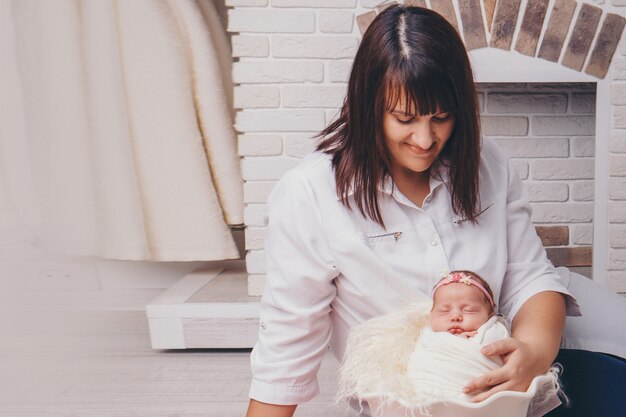How to Become a Neonatal Nurse After High School
Embarking on a career as a neonatal nurse is both a rewarding and challenging journey, one that provides the opportunity to make a lasting impact on the lives of newborns and their families. The path to becoming a neonatal nurse typically begins with obtaining a Bachelor of Science in Nursing (BSN) from an accredited institution. Earning a BSN not only equips aspiring nurses with essential knowledge in pediatric care and neonatology but also prepares them for the demanding nature of the neonatal nursing environment. After securing a BSN, graduates must pass the NCLEX-RN exam to earn licensure as a Registered Nurse (RN). Following this, gaining experience in a neonatal intensive care unit (NICU) is highly recommended to grasp the intricacies of working with newborns. Supplementing practical experience, certifications such as the Neonatal Resuscitation Program (NRP) or the Certified Neonatal Intensive Care Nurse (RNC-NIC) can enhance a nurse's expertise and employability in this specialized field.
For those committed to advancing their neonatal nursing career further, achieving a Master of Science in Nursing (MSN) or a Doctor of Nursing Practice (DNP) specializing in neonatal care can open doors to advanced clinical roles, leadership positions, or educational roles within healthcare institutions. This continuous learning and specialization underscore the value of pursuing advanced degrees and certifications in ensuring high-quality neonatal care.
Pathway to a Neonatal Nursing Career:
- 🎓 Bachelor of Science in Nursing (BSN)
- 📄 Pass the NCLEX-RN for RN Licensure
- 🏥 Gain Experience in a Neonatal Intensive Care Unit (NICU)
- 📜 Neonatal Resuscitation Program (NRP) Certification
- 👶 Certified Neonatal Intensive Care Nurse (RNC-NIC) Certification
- 🎓 Master of Science in Nursing (MSN) or Doctor of Nursing Practice (DNP) with a Neonatal Specialty (optional for advanced roles)
